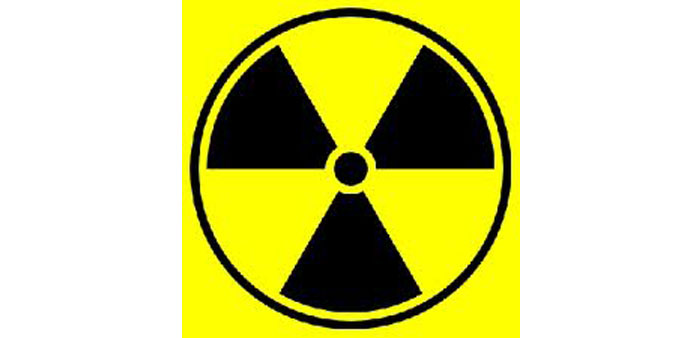Reuters/Vienna
The International Atomic Energy Agency (IAEA) yesterday urged the government to further tighten its nuclear safety regulations by assuring the legal independence of its atomic watchdog and allowing more outside inspections.
India, which has tested nuclear weapons but is a non-signatory of the Non-Proliferation Treaty (NPT), announced a major deal in January designed to open the country’s nuclear power sector to US investment.
The deal came after Prime Minister Narendra Modi agreed last year to tighter checks of India’s civilian nuclear programme by the IAEA.
After a 12-day visit to India, the agency recommended that India and its Atomic Energy Regulatory Board (AERB) take further action to assure safety in its nuclear industry.
“The government should embed the AERB’s regulatory independence in law, separated from other entities having responsibilities or interests that could unduly influence its decision making,” the IAEA said in a statement.
“The AERB should consider increasing the frequency of routine on-site inspections at NPPs to allow for additional independent verification and more effective regulatory oversight,” it added, referring to nuclear power plants (NPP).
The nuclear “breakthrough understanding” between US President Barack Obama and Modi seeks to allay Washington’s concerns about industry liability and unlock billions of dollars in investments into Indian power projects.
“AERB is committed to pursuing the improvements suggested by the mission towards further strengthening the regulatory framework,” the IAEA quoted the chairman of the AERB, S S Bajaj, as saying.
Some countries view the fact that India is a non-signatory to the NPT, which was set up to prevent states from acquiring nuclear weapons, as a stumbling block to it joining the Nuclear Suppliers Group (NSG).

